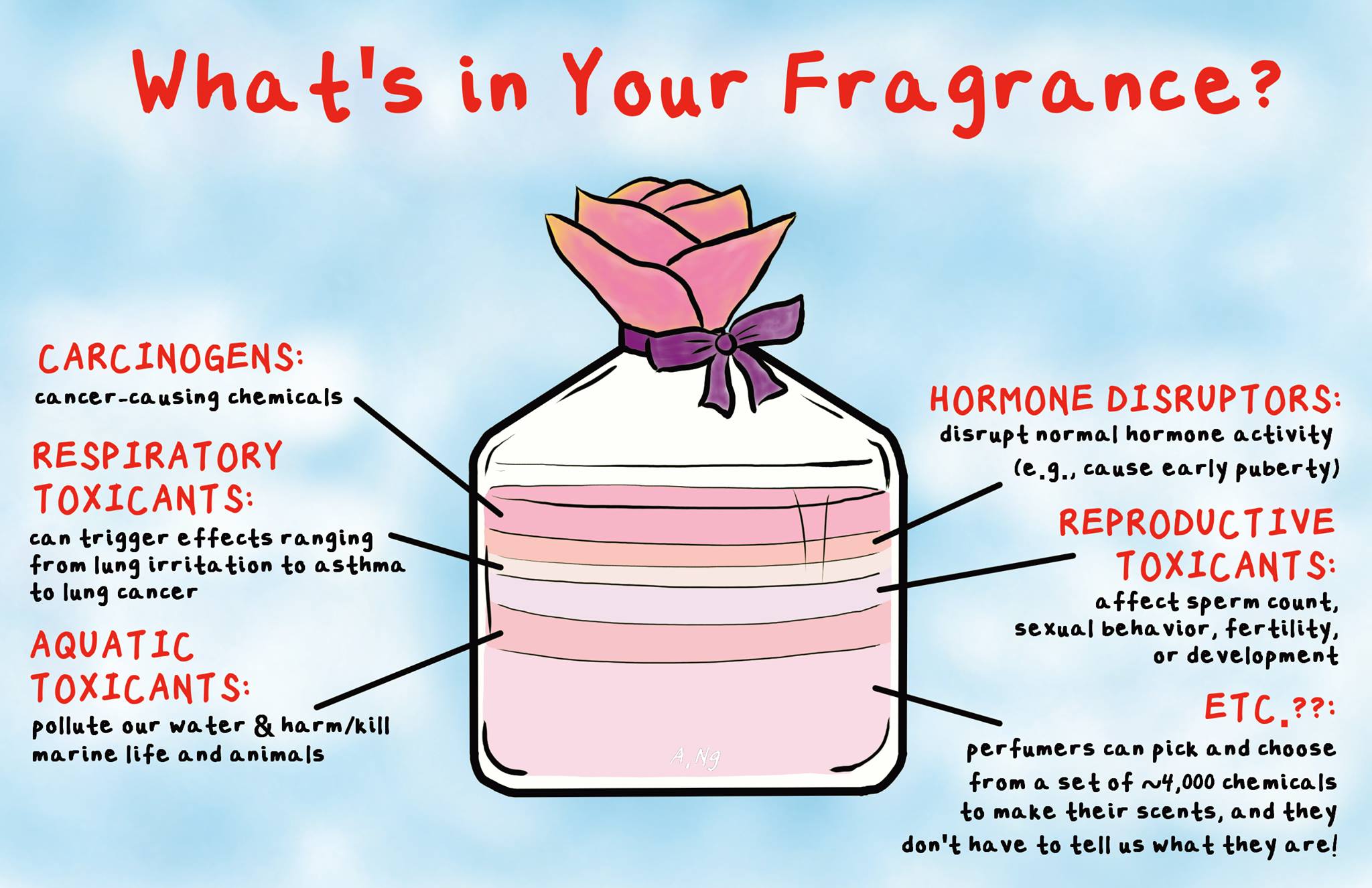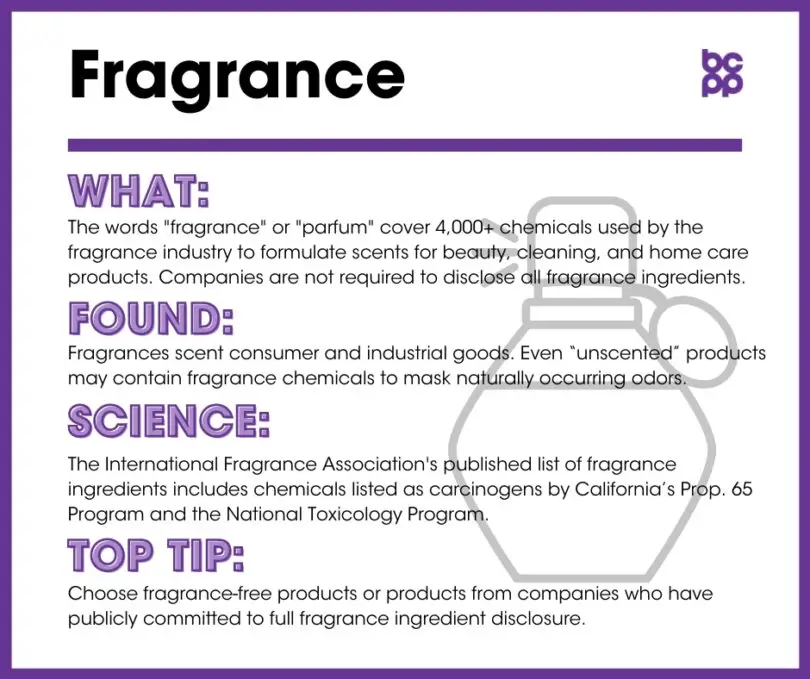Perfume and fragrance products are a staple in the beauty and personal care industry. Their mesmerizing scents can evoke emotions, create memories, and simply make us smell pleasant. But as their prevalence continues to rise, so do the concerns about their safety. One question persists among health-conscious consumers: Can perfume cause cancer?
Understanding the Ingredients
To evaluate the potential risks, we must first understand the composition of perfumes. Modern fragrances are often complex mixtures of natural essences and synthetic chemicals, many of which have been under scrutiny.
| Ingredient | Potential Health Concern |
|---|---|
| Phthalates | Endocrine disruptors, which may lead to cancer |
| Parabens | Linked with breast and skin cancer |
| Benzene derivatives | Associated with leukemia and other blood cancers |
| Aldehydes | Can cause respiratory allergies, potential carcinogens |
| Synthetic musks | Possible hormone disruption, persistence in human fat tissue |
The Research Behind Perfume Safety
Scientific studies to date present a mixed picture about the causal relationship between perfume usage and cancer. Although certain chemicals in fragrances have been linked to cancer in laboratory studies, evidence in human studies is less clear. It is important to note that substances classified as carcinogens may not necessarily cause cancer in every context; exposure levels and individual susceptibility play pivotal roles.

Credit: www.cancer.org.au

Credit: www.bcpp.org
Laws and Regulations
Governing bodies like the U.S. Food and Drug Administration (FDA) regulate perfumes under the Fair Packaging and Labeling Act (FPLA). However, the act does not require the disclosure of individual fragrance components, classifying them as trade secrets. This creates a challenge for consumers who wish to make informed choices about the products they use.
Reducing Risk: A Practical Approach
While the direct link between perfume and cancer remains a topic of research and debate, consumers can take certain steps to mitigate potential risks:
- Opt for perfumes and fragranced products with natural or organic ingredients when possible.
- Seek out products that are labeled as phthalate-free and paraben-free.
- Use perfume sparingly and not on a daily basis to reduce overall exposure to chemicals.
- Choose products with transparent ingredient listings that allow you to research and understand what you are putting on your body.
- Maintain a well-ventilated space when applying perfumes to minimize inhalation risks.
Frequently Asked Questions
Is Perfume Linked To Cancer Risk?
Certain perfumes contain chemicals like phthalates which have been linked to an increased risk of cancer in some studies.
Can Daily Use Of Perfume Be Harmful?
Daily exposure to certain chemicals in perfumes may contribute to health risks including potential carcinogenic effects.
What Ingredients In Perfume Are Carcinogenic?
Ingredients such as benzene derivatives, aldehydes, and phthalates in some perfumes have been classified as potential carcinogens.
How Can I Identify Safe Perfumes?
Choose perfumes with natural ingredients and check for certifications that indicate safety and absence of known harmful chemicals.
Conclusion
As consumers continue to stay informed and advocate for transparency in ingredient disclosure, the conversation about the safety of perfumes is likely to evolve. Scientific research is ongoing, and what we understand about the potential carcinogenic effects of perfume ingredients could change. For now, being mindful of the products we use and opting for safer alternatives when possible, remains the prudent approach.








